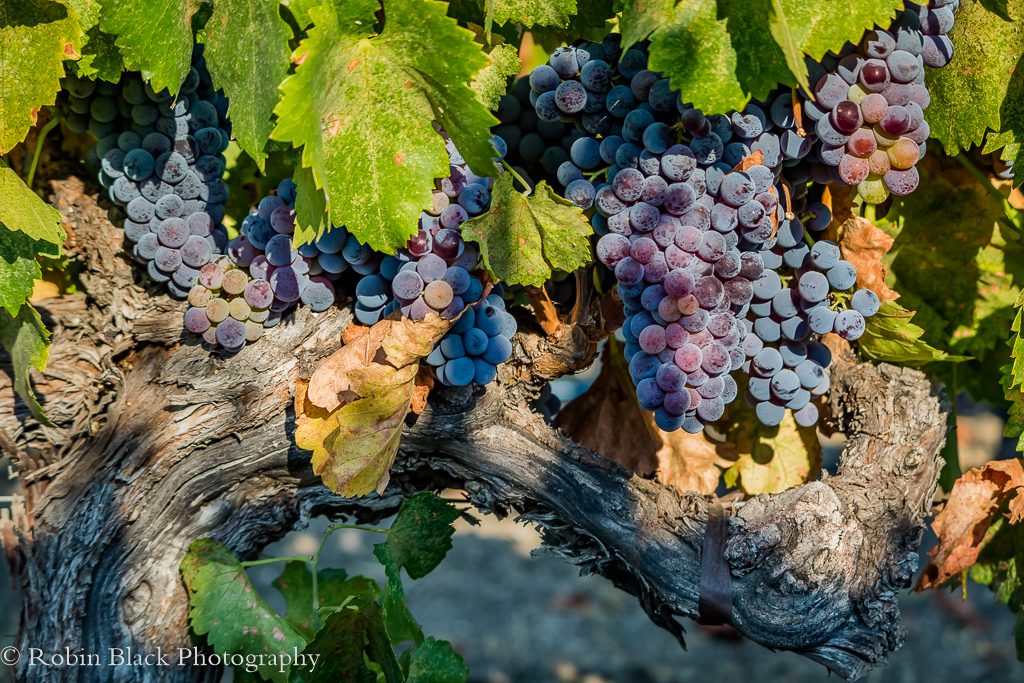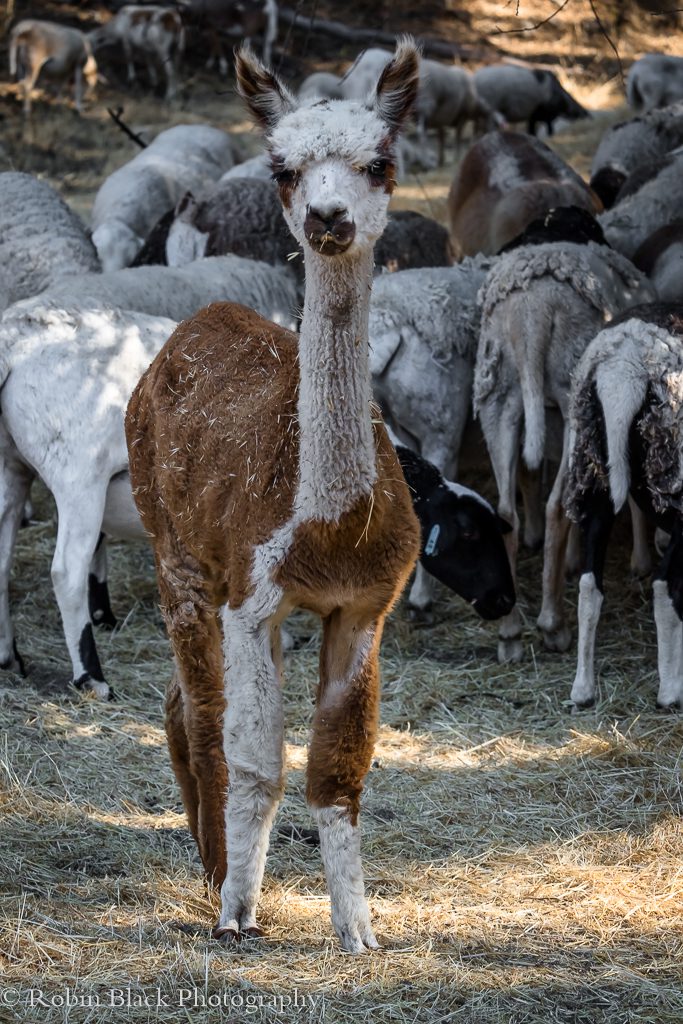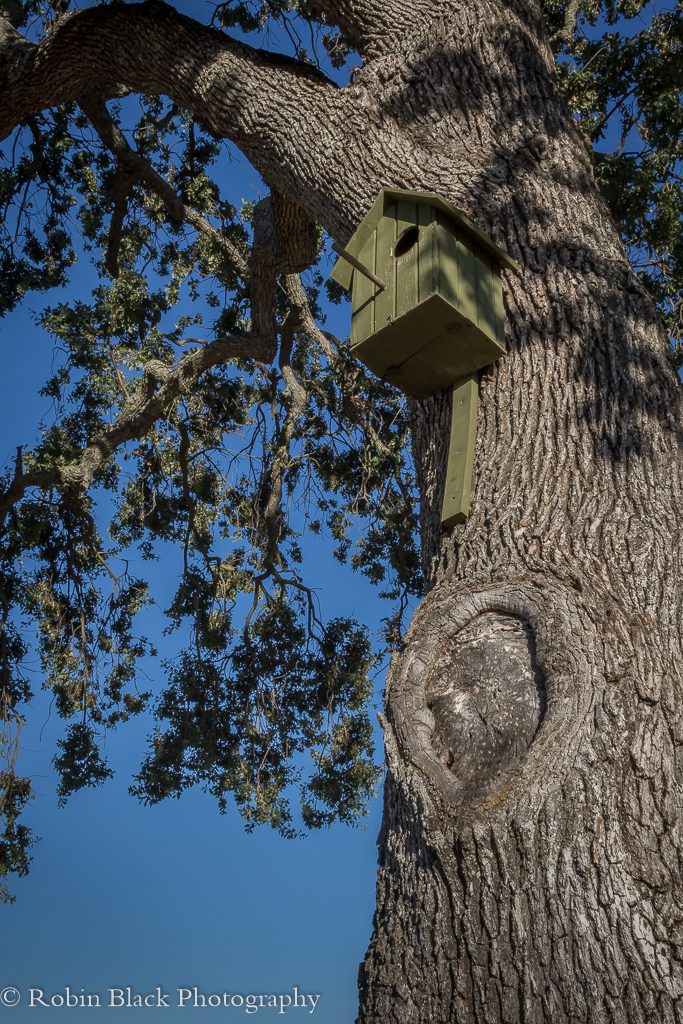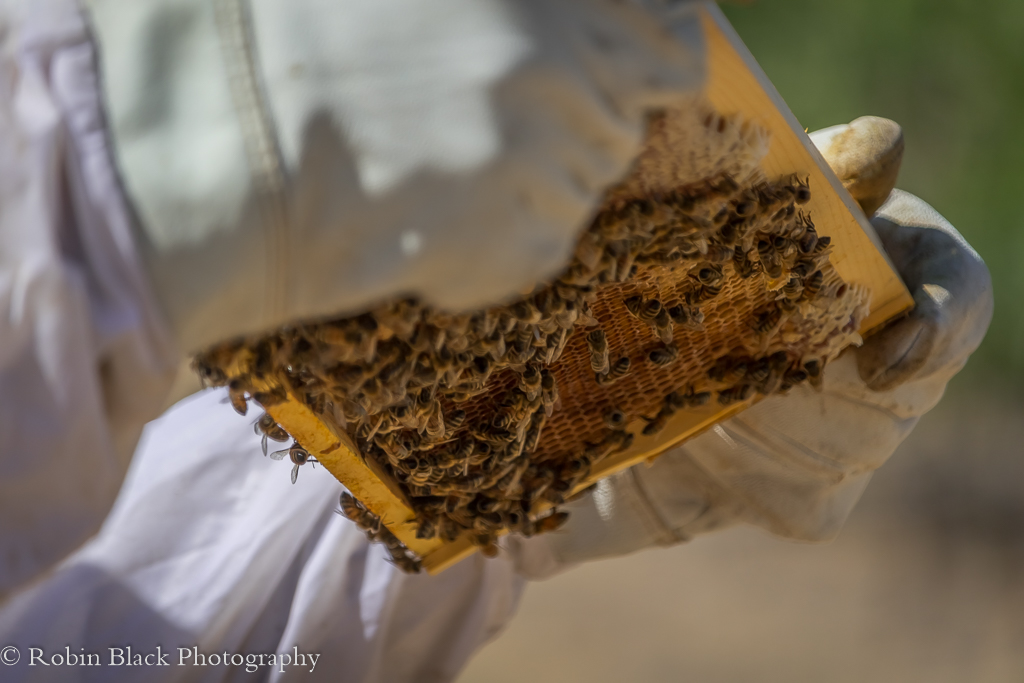ho·lis·tic
/hōˈlistik/ – characterized by comprehension of the parts of something as intimately interconnected and explicable only by reference to the whole.

Healthy, almost-ripe Grenache grapes
If you’ve read about or otherwise explored wine in any detail, you’ve almost surely come across the word terroir.

Part of the farm family at Tablas Creek
It’s often imputed with far more magic than is really involved–“Rutherford dust,” for example. There are, unsurprisingly, multiple opinions on the concept of terroir. Some think it’s utter nonsense, others cling to that aforementioned idea of magic, and some will argue that it should only apply to soil types and their influence on wine.
The latter group is probably closer to whatever truth there is in the concept, but the soil itself has a multitude of influences throughout the year that determine its quality, its fertility.

Owl boxes in the vineyard bring in environmentally friendly rodent control in the form of barn owls
Enter: Tablas Creek’s farming philosophy.
Certified organic in 2003, the winery has always taken a holistic approach to farming its land. They use no toxic pesticides. They use cover crops in winter to enrich the soil, along with the fertilizer left behind by the sheep who control the weeds (and devour that cover crop). They encourage pollinators, and catch and hive swarms of wild honeybees. Owl boxes adorn the tall oaks that dot the hillsides, giving home to a predator who does important work on rodent control. Everything works together, in harmony–and the result is the rich, fertile soil that nurtures those grapevines, instilling the wines with an expression of that harmony. Yes, the terroir of Tablas Creek.

